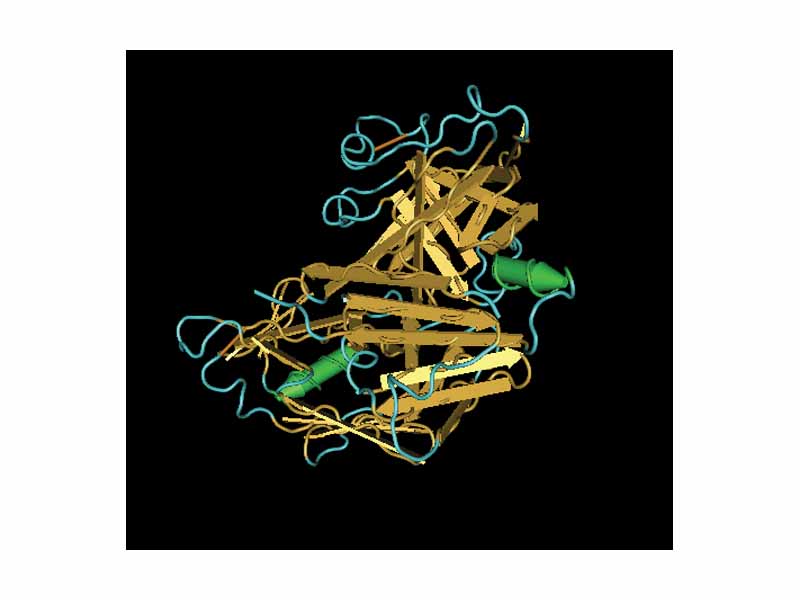Interdisciplinary Note (12 of 36)
In addition to the primary functions of filtering the blood and forming urine, the kidneys play important endocrine functions. The kidneys secrete two hormones, erythropoietin & calcitriol, as well as the enzyme renin (Erythropoeietin is released by the kidneys in response to a decrease in the concentration of red blood cells in the blood. The target of activity is the bone marrow, where hemopoeitic stem cells are stimulated to form red blood cells. Calcitriol stimulates the small intestine to absorb calcium. Renin cleaves angiotensinogen, which produces a host of effects that lead to increase in blood pressure, including release of aldosterone from the adrenal cortext and antidiuretic hormone from the posterior pituitary (This is a favorite MCAT subject. Aldosterone increases the amount of sodium reabsorbed from the urine in the distil convoluted tubules. Aldosterone leads to sodium (and water) retention. By increasing the osmotic potential of the blood, water is drawn from the other tissue spaces as well, which leads to increased blood pressure). In its circulation, the total blood volume passes through the kidneys hundreds of times a day. For this reason the kidneys are well suited to monitor blood composition and initiate endocrine responses to maintain homeostatic norms.
